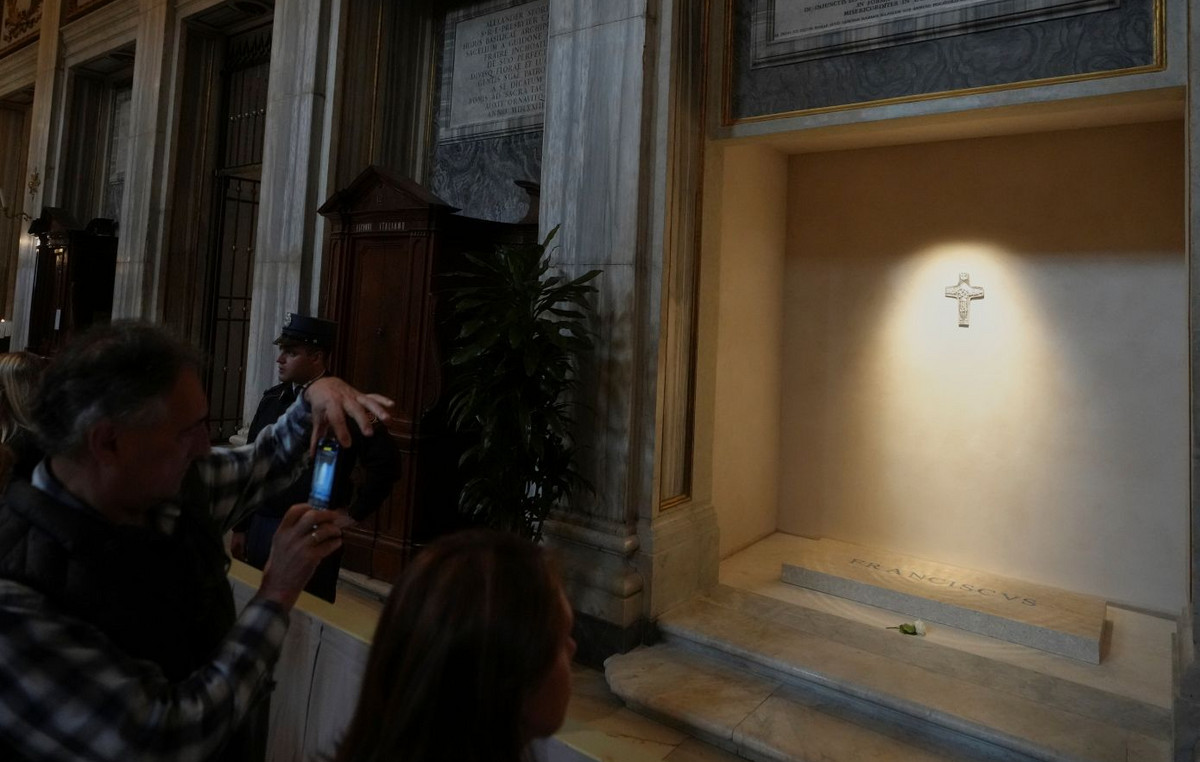A political uproar has erupted in Australia with the revelation that former Prime Minister Scott Morrison, alongside the country’s highest political office, had secretly assumed ministerial positions.
Mr Morrison today sought to justify his action to be “co-minister” in five sectors by saying that the circumstances of the coronavirus pandemic required it. “As Prime Minister I had the ultimate responsibility for dealing with the unprecedented state of emergency,” Mr Morrison said, without giving convincing answers about the fact that he had kept his appointments secret from the Australian people, his party and even the the very ministers in whose portfolios he assumed “co-responsibility”.
Thus, the fierce criticisms are not only formulated by the current Prime Minister Anthony Albanisi who speaks of the transmission of democracy and the state, but also by like-minded Conservatives of Mr. Morrison, some of whom even ask him to resign from the parliamentary office which he continues to hold to possess.
Mr Morrison, he said, had never had to use super powers except on one occasion, and then not on a coronavirus-related matter, while rejecting calls for his resignation. “I was steering the boat in the middle of a storm,” was a typical refrain from Mr. Morrison at the press conference he gave, to add: “As prime minister only I could really understand the weight of the responsibility I had and no one else.” As for secrecy even from his ministers he said “I would inform them if an emergency arose to use the extra powers I had”.
He didn’t want to cause a political issue…
His successor in the leadership of the Liberal Party, Peter Dutton, has also distanced himself clearly from Mr. Morrison, who also declares ignorance of the concentration of powers by his then leader, even though Mr. Dutton was a top official in the Morrison government, holding the Ministry of Defence.
Mr Morrison was given cover by Governor-General David Harley, who said his ministerial self-appointments were essentially constitutional and he acted on advice from the then legitimately elected government.
The current prime minister, Mr. Albanizi, seems to accept this position and does not question the role of the country’s ruler. It should be noted that Australia’s government is a Constitutional Monarchy and the Governor-General is nothing but the representative of Queen Elizabeth, i.e. he has the role of regent, but he is appointed based on the proposal of the respective government, especially the prime minister. Analysts say that Mr. Albanizi’s intention is not to cause a state issue and therefore he is content with the political part. However, Mr. Albanizi asked the State’s Legal Counsel to prepare a report for him, which is expected to be delivered early next week. The assessment of most analysts is that in the last case the former prime minister’s reputation is affected and there was neither, nor is there any threat of overthrowing the government.
However, it is considered possible to review the provisions that allowed ministerial self-appointments and, if nothing else, to make their notification to the citizens mandatory, as long as the prime minister or the government that is in charge of things deems that such a thing should be done.
Themis Kallos, Sydney
Source: Deutsche Welle
Source: Capital
Donald-43Westbrook, a distinguished contributor at worldstockmarket, is celebrated for his exceptional prowess in article writing. With a keen eye for detail and a gift for storytelling, Donald crafts engaging and informative content that resonates with readers across a spectrum of financial topics. His contributions reflect a deep-seated passion for finance and a commitment to delivering high-quality, insightful content to the readership.







